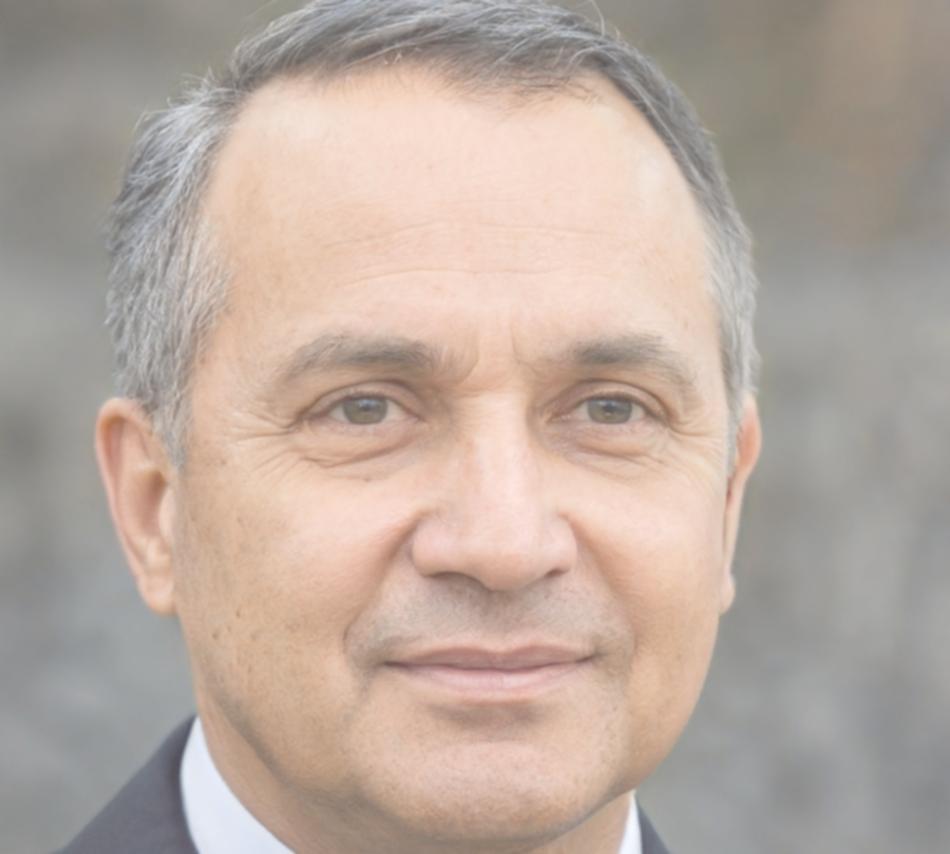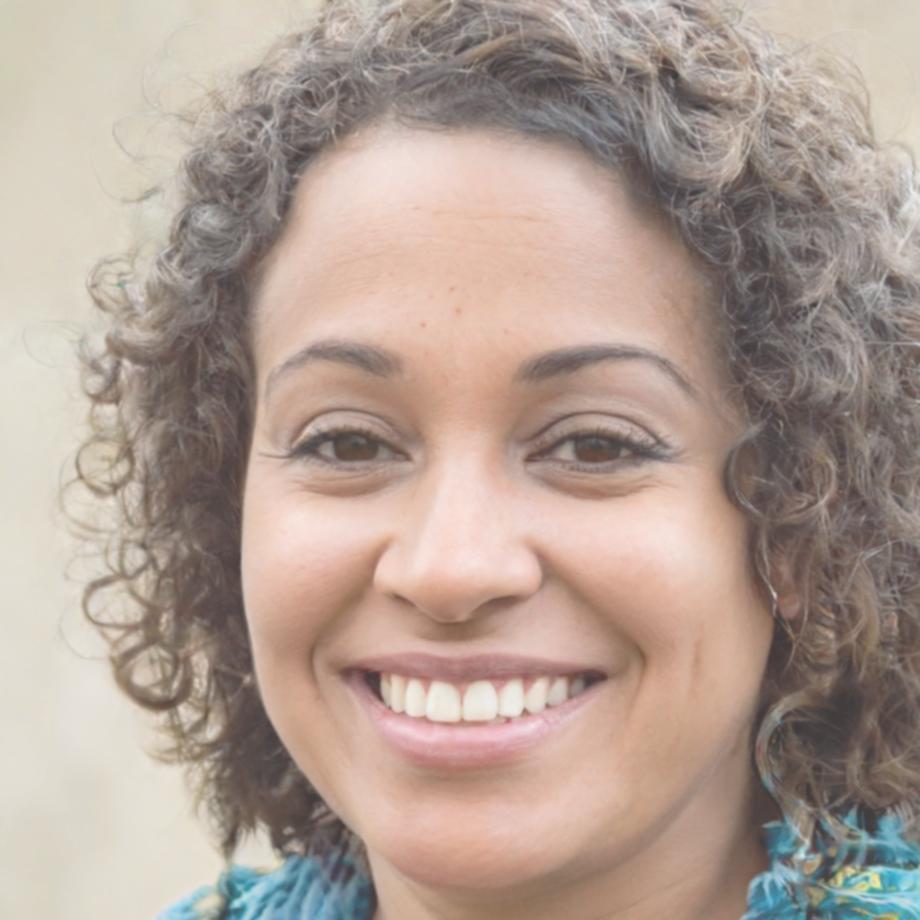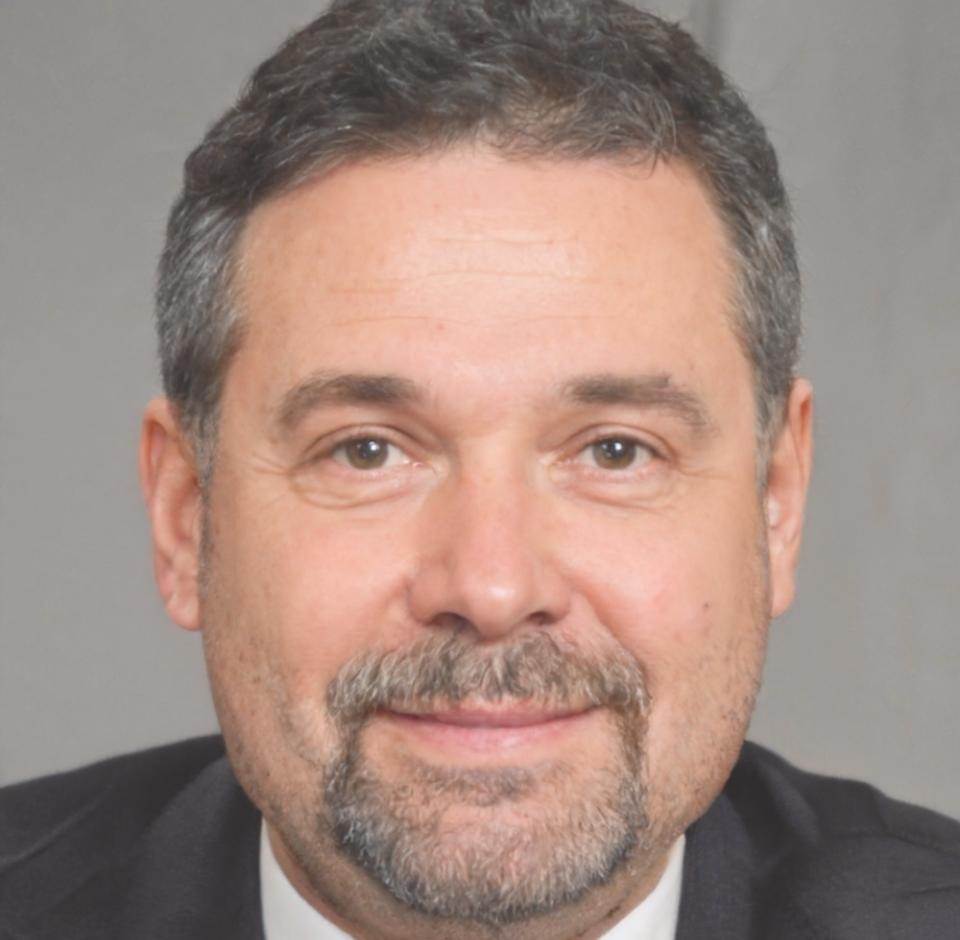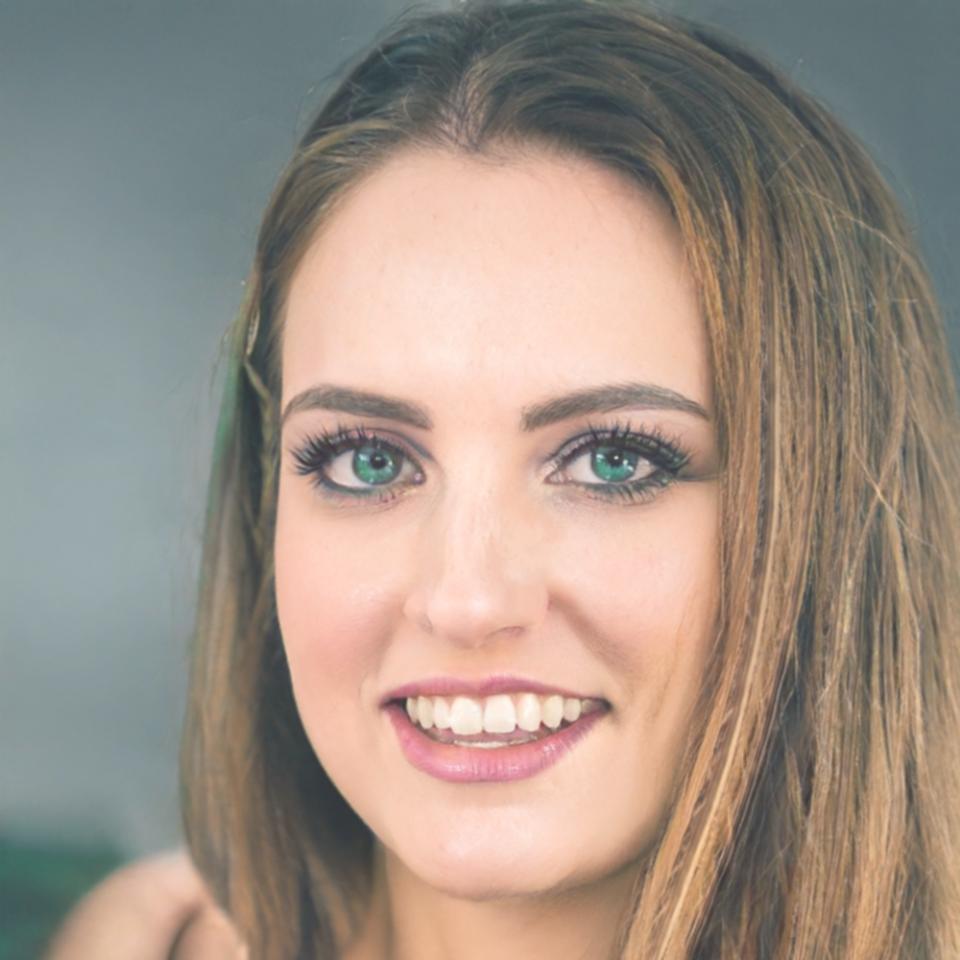Build Real Skills That Actually Matter
Learning to manage money isn't about memorizing formulas. It's about understanding how decisions compound over time and developing habits that stick.
A Different Approach to Financial Learning
We've noticed something over the years. Most people don't lack intelligence when it comes to money—they lack a framework. They've picked up bits and pieces from articles, podcasts, maybe a course or two. But without structure, it doesn't stick.
Our program runs for twelve weeks starting October 2025. You'll work through scenarios that mirror real-life decisions: whether to pay down debt or invest, how to build an emergency fund that actually makes sense for your situation, and ways to balance today's needs with tomorrow's goals.
Small groups. Weekly sessions. And yeah, some homework—because reading about budgeting doesn't build the muscle memory of actually doing it.

What You'll Actually Learn
Six core modules that build on each other. No fluff, no theory for theory's sake—just practical skills you can use immediately.
Building Your Foundation
Understanding where your money goes sounds simple until you actually track it for a month. We'll help you create systems that work with your habits, not against them.
Debt Strategy
Not all debt is created equal. Learn when to prioritize payoff versus when to maintain minimum payments and redirect cash elsewhere.
Emergency Buffers
The standard advice is three to six months of expenses. But that's generic. We'll figure out what makes sense for your situation and job stability.
Investment Basics
You don't need to pick stocks or time markets. But you do need to understand asset allocation, fees, and how accounts like TFSAs and RRSPs actually work in Canada.
Real Estate Decisions
Whether you're renting, buying, or somewhere in between, there are financial implications beyond just monthly payments. We'll walk through the math.
Long-Term Planning
Retirement feels abstract when you're 30. But the decisions you make now compound dramatically. We'll make it tangible and actionable.
Who You'll Learn From

Darren Kowalski
Lead InstructorSpent fifteen years advising clients before switching to education. Prefers real examples over textbook theory.

Siobhan MacLeod
Budget StrategistSpecializes in helping people untangle messy finances. Her background in behavioral economics shows in her approach.

Leif Bergstrom
Investment GuideMakes investing less intimidating by breaking down complex concepts into digestible pieces. No jargon unless necessary.

Tatiana Volkov
Tax SpecialistCanadian tax code is her thing. She'll show you legitimate strategies most people miss because they don't ask the right questions.

What Changes After Twelve Weeks
Clarity on Your Numbers
You'll know exactly where you stand financially—not just rough estimates, but actual numbers. Cash flow, net worth, and a clear picture of what you're working with.
A System That Works
Budget templates are useless if they don't fit your life. You'll leave with a personalized system that accounts for irregular income, variable expenses, and realistic goals.
Confidence in Decisions
When opportunities or challenges come up, you'll have a framework to evaluate them. Should you take that job offer? Refinance? Buy or rent? You'll know how to think through it.
Ongoing Support Network
The cohort doesn't end when the program does. Past participants stay connected, share resources, and continue learning together. It's one of the unexpected benefits people mention most.